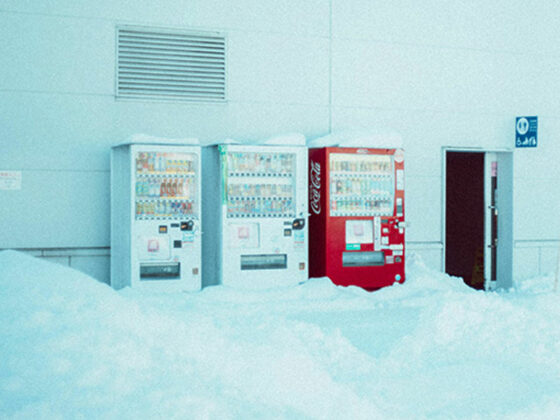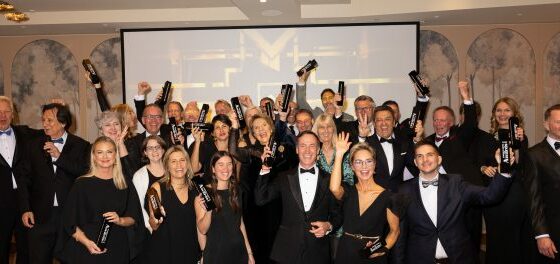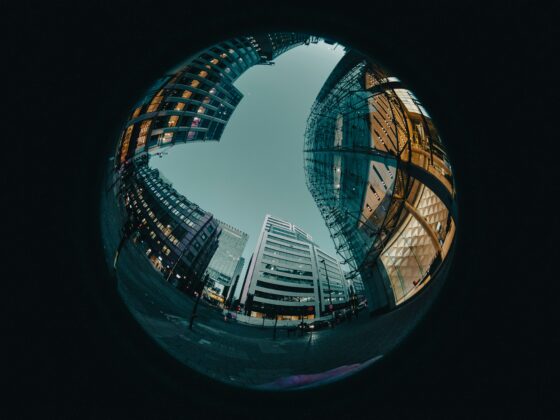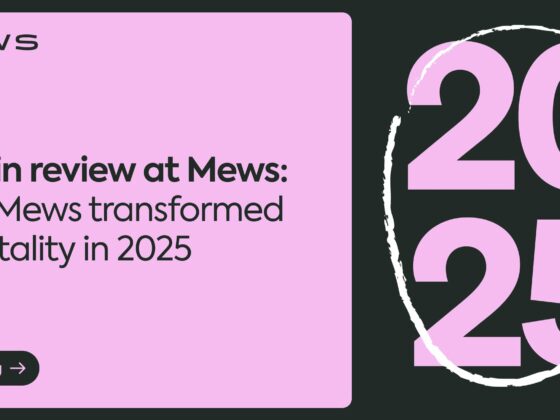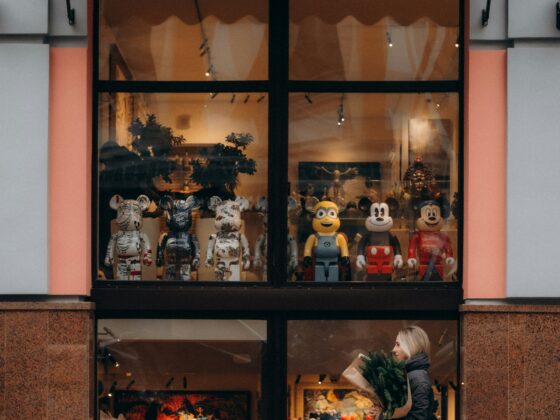When your government adds 12% to your costs overnight
The Netherlands recently handed hotels a masterclass in forced innovation. Starting January 2026, accommodation VAT jumps from 9% to 21%. That’s not a typo.
For Dutch hotels, this is a billion euro question. And here’s the thing—if you’re reading this from Germany, France, or anywhere else—your government is watching this experiment very closely. Governmental budget gaps are universal. Hotel taxes are easy targets.
This situation is very real and it’s stressing out every hotelier in the Netherlands that I speak to, including hotels outside of my portfolio that I have been in contact with.
So what do you do when you can’t change the tax rate? You change what gets taxed. Here are some first examples that I came up with.
The F&B arbitrage play:
Rooms are taxed at one rate and F&B at another. In the Netherlands, F&B stays at 9% (excluding alcohol) while rooms jump to 21%.
So sell a package. Include F&B, include cookies, gifts. From the total price, F&B cost is charged at 100% of the sell price. All discount that is linked to the package comes off room revenue.
The membership model:
Annual hotel memberships with “discounted” rates. Think gym membership, and then for travelers.
€99 yearly fee unlocks “member rates” throughout the year. Different revenue stream, potentially different VAT treatment, definitely different guest psychology. You’re not paying high taxes—you’re part of a club.
The workspace pivot:
“Work from [Your Hotel Name]” packages for remote workers. Weekly rates, includes workspace, WiFi, premium coffee.
This isn’t hotel accommodation anymore—it’s a serviced workspace that happens to include a bed. Different market positioning, different VAT conversation with your accountant.
The event space opportunity:
If your meeting rooms have favorable VAT rates, flip your business model. Make events the hero, rooms the add-on.
Small weddings, corporate offsites, creative workshops. Room nights become the secondary revenue that fills your sleeping rooms. Cultural and recreational event space goes under 9% VAT.
The creative hotels won’t try to fight the 21% head-on. They’ll architect around it.
Because the properties that survive this aren’t necessarily the ones with the best locations or the most rooms. They’re the ones that stopped thinking “we sell beds” and started thinking “we sell experiences that happen to include beds.”
What revenue streams at your property have different VAT rates? And how quickly could you shift your mix if you had to?
(Dutch hoteliers—I’d love to hear what solutions you’re already testing in the comments)
#Xotels #RevenueManagement #HotelManagement #VAT #HotelStrategy #Netherlands #Hospitality #Innovation #TaxStrategy #HotelIndustry


